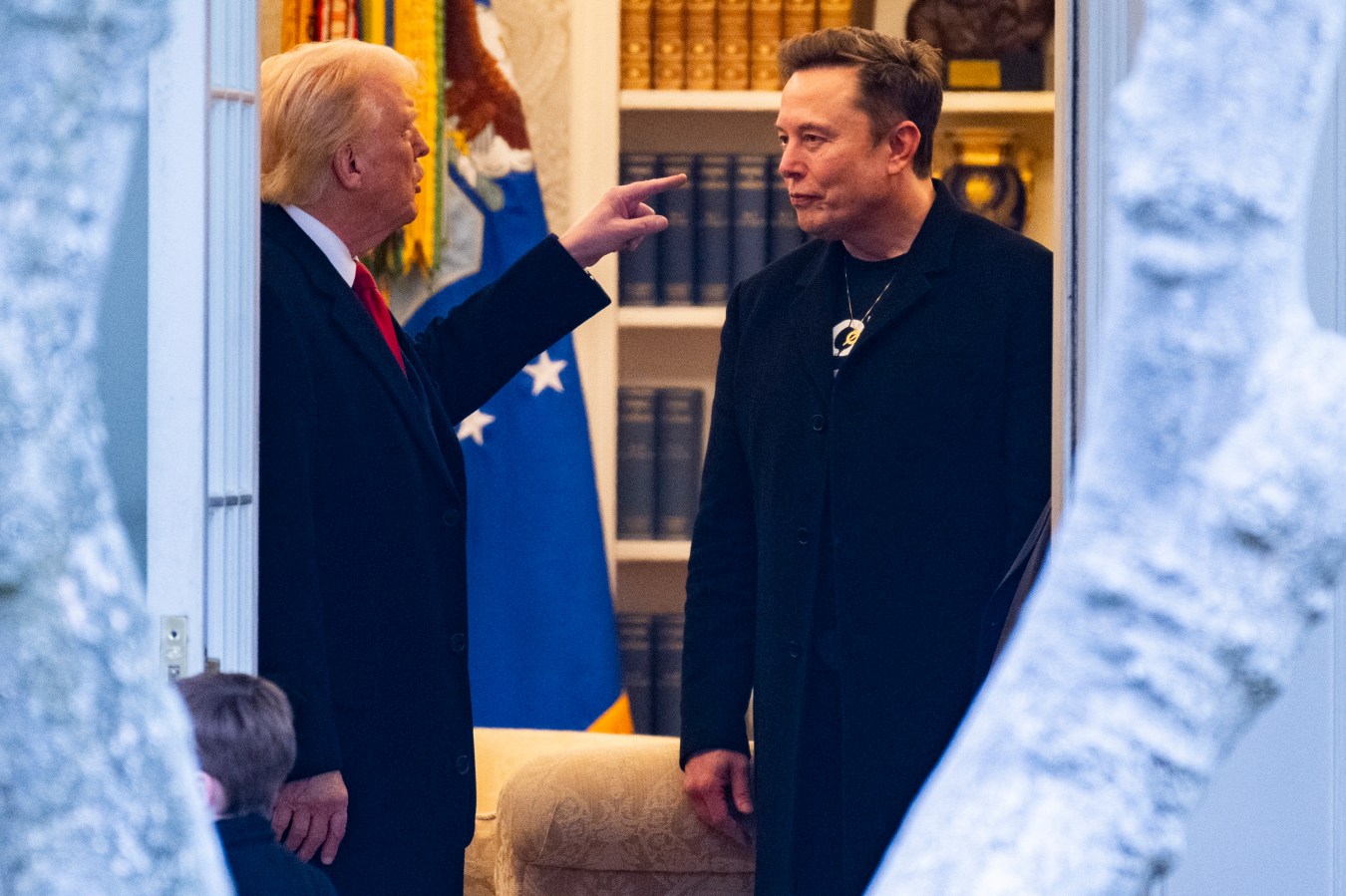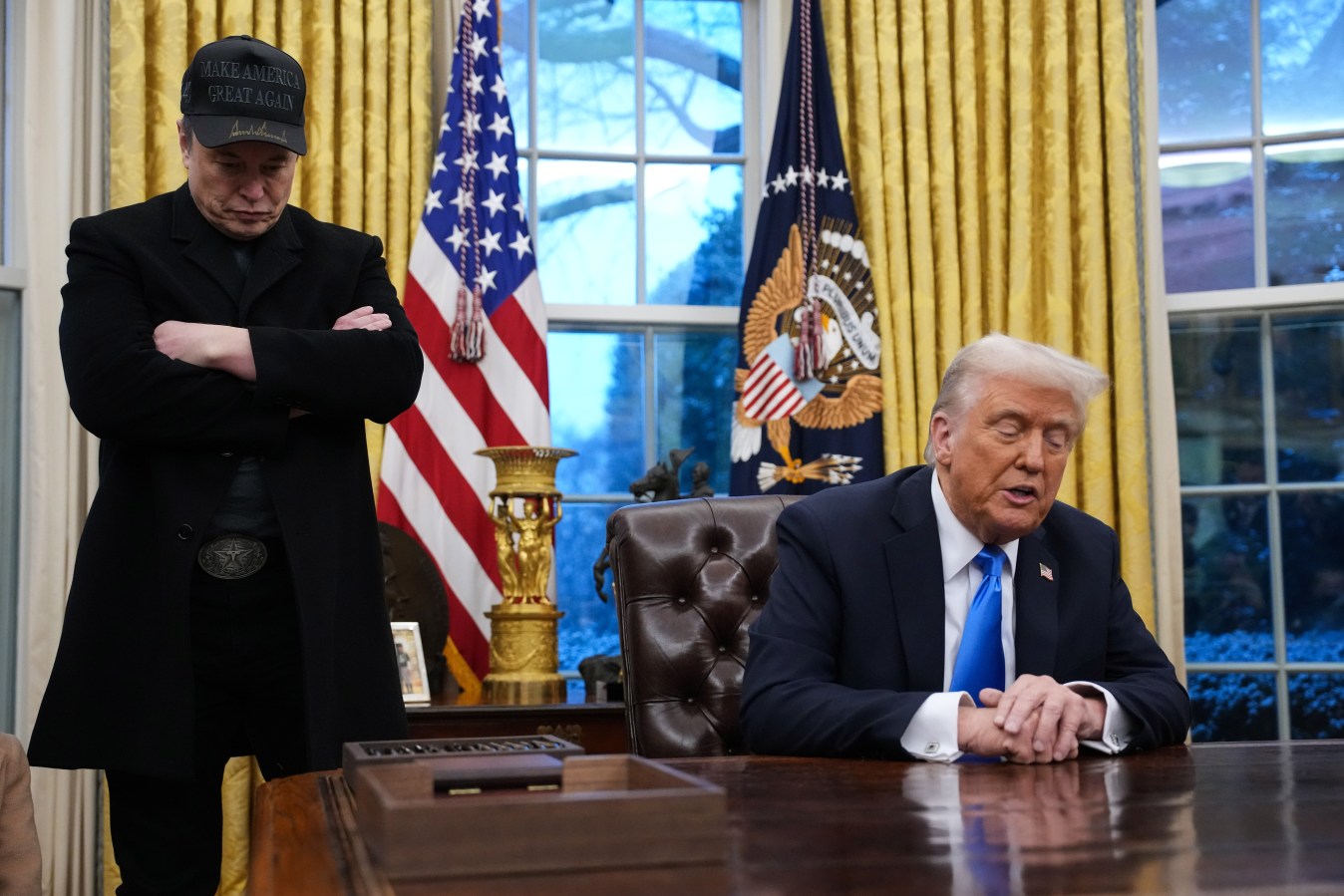Elon Musk, who purchased Twitter last year (before subsequently renaming it X), said that the company is “moving toward having a small monthly payment for use of the X system” in an effort to keep bots off the platform—a statement that comes after Musk has slowly put more X features behind paywalls.

Key Background
If Musk put the entirety of X behind a paywall it would mark the culmination of his efforts to monetize more and more of the site since he acquired it in October 2022. While Musk said that charging all its users would be about curbing bots, X has been in need of revenue streams since before Musk’s arrival to the company. In its last quarterly earnings report before the acquisition, Twitter reported a $344 million loss.
In the first days of his leadership Musk laid off about 3,700 of the company’s roughly 7,500 employees, citing the need to cut costs in the face of low revenue. Additionally, earlier this month, Musk said X’s advertising revenue was down 60%. To bring in revenue, Musk launched Twitter Blue (now called X Blue), which turned the verification system into a system where users simply pay to have a checkmark next to their name.
They eventually added features to the service such as the ability to edit your posts after you posted them and having your posts promoted over other non-Twitter Blue users. Additionally, the company turned the popular TweetDeck service, which allows users to view a number of feeds displaying things like users and lists, into XPro and began charging money for it in August.
Tangent
These statements came during Netanyahu’s visit to the U.S. this week. Immediately upon landing in California, the Israeli leader was met with protesters upset with his recent efforts to overhaul Israel’s judicial system. Protesters have been present at most of his stops throughout the San Francisco Bay Area.
After visiting California, Netanyahu plans to head to New York, where he’s scheduled to speak at the United Nations General Assembly and meet with a number of world leaders including President Joe Biden, German Chancellor Olaf Scholz, Turkish President Recep Tayyip Erdogan, Ukrainian President Volodymyr Zelensky, South Korean President Yoon Suk Yeol and U.N. Secretary-General António Guterres.
This article was first published on forbes.com and all figures are in USD.


